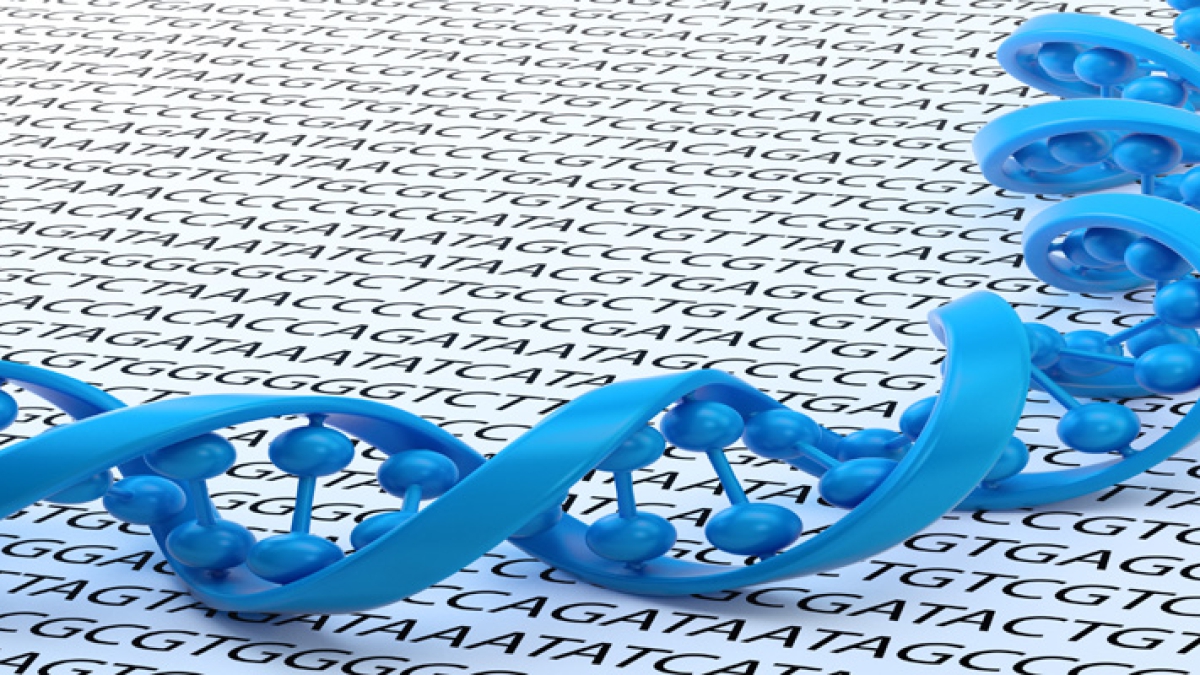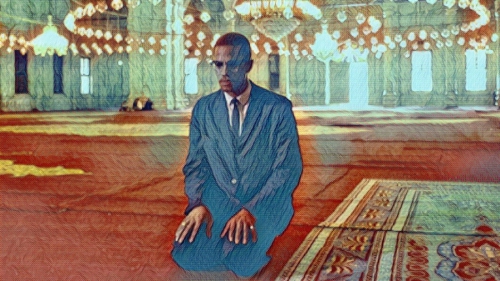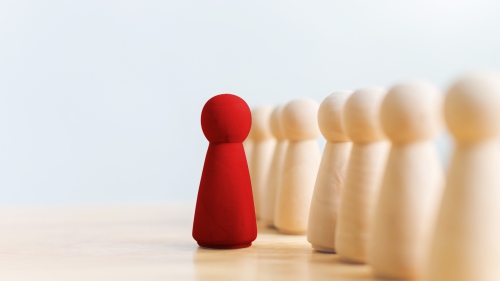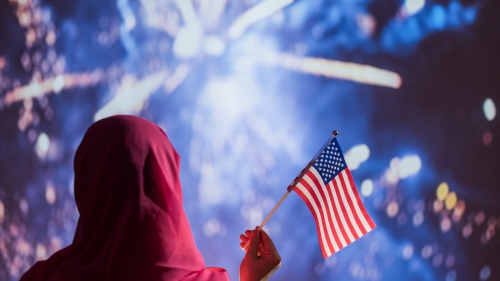Scientific Breakthroughs Confirm Human Similarity Within Their Diversity

A recent announcement jointly made by a publicly funded human genome project consortium and by a biotechnology company, Celera Genomics, that human genetic make-up consists of approximately 34,000 genes was hailed as great news, analogous to man's landing on the moon. These findings follow 10 years of arduous research and are about to appear in two prestigious scientific journals, Nature and Science.
It wasn't until June of last year that the news broke of their successful sequencing of the entire 3 billion letters or base pairs of DNA of human genome. Human genome, the genetic make-up, is contained in its entirety in 23 sets of chromosomes. One of these sets is contributed from the mother and the other, from father. One of the 23 sets determines sex; y is male and x, female.
DNA is composed of the nucleotides of repetitive sequences of four nuclear bases - adenine (A), guanine (G), cytosine (C) and thymine (T) with a sugar-phosphate backbone. It is double-stranded with bases pairing up to make the rungs of the ladder-like double helical structure of DNA. A gene is defined as a stretch of DNA coding for an amino acid chain of an enzyme or protein.
Most surprising was the finding that human genetic code is much smaller than anticipated. Since the genetic information is fixed in DNA, it was hitherto considered to provide blueprints of life. The expected number was about 100,000 (recently revised down to 60,000- 80,000) to explain the complexity of human brain and other complex human systems. But it turns out to be only about 34,000 genes. This means that our genes are far from being blueprints of our human personality.
Another major surprise was that humans are 99.95% alike in their genetic make-up. Thus it is less than 0.1% that accounts for our differences in appearance on the outside or inside at the cellular level. It is only a few small differences that set one person apart from another, making us more similar to one another than was ever thought.
Despite occasional claims to the contrary, human conscience has always recognized the essential similarity of humankind. The Qur'an addresses humankind in the following words to impress their underlying unity and uniformity. "O humankind! We created you from a single pair of male and female, and made you into nations and tribes, that you may know each other (not that you may despise each other). Verily the most honored of you in the sight of Allah is he who is the most righteous of you (atqaakum). And Allah has full knowledge and is well acquainted with all things" (49:13). This verse emphasizes our differences in geographic locations; immediate ancestry and other superficial divisions are there only for our recognition and not to discriminate against each other. Our honor lies in our God-consciousness, which gets reflected in our righteousness (Atqaakum in the verse is derived from taqwa which signifies God-consciousness as well as righteousness).
The findings also show that the sex differences are real because of their distinct locations on different chromosomes. But racial differences have no genetic basis. This has been known for some time, although often disputed. Despite this knowledge, however, humankind today suffers ever more from conflicts based on race, color or ethnicity. Islam has a solution in its concept of Ummah: only one humankind under one God, without any other encumbrance, whatsoever. Thus people of diverse colors, races and ethnicities are amalgamated within a universal fraternity. This Ummah was instituted 1,400 years ago by Muhammad (pbuh) and is based on the Qur'anic proclamation that God created all of humankind from a single source, nafsin wahidatin (4:1) and supported by the Islamic worldview that all humans are God's agents to carry out His will on earth. Qur'an addresses this Ummah throughout its discourse and describes its mission as "enjoining what is good and beneficial and checking out what is wrong and harmful for humankind" (3:110).
With reference to human diversity the following Qur'anic verse, among others, needs to be reflected upon. "And among His signs is the creation of the heavens and the earth, and the variations in your language and color: verily in that are signs for those who know" (30:22).
In terms of biological structures, the simplicity of genetic make-up means that bioscientists will have to look elsewhere to explain human diversity as well as complexity of the human systems. Because proteins have a higher rate of turnover, they were not given much consideration for imparting differences in humans. But now work on protein make-up, proteome (as contrasted with genome) is an intense area of research. The human proteome is destined to be even more complex than his genome. This is because while the DNA in any cell is identical regardless of its location in a human body, its protein content is not. The kinds and amounts of cell's proteins also vary depending on the specific location of a cell. Which proteins a cell contains also depends on its health, age, and stress levels. It is estimated that there are probably close to a million human proteins. The really daunting work is to know what type of proteins are made in a person with about one billion cells.
Obviously, knowing the genetic structure is not enough, because it only provides a set of instructions for making proteins. Thus about 34,000 genes are but order forms. Some of these orders never make it to the cellular factories where proteins are made. Others make proteins that fall apart soon after they are made, while still others are constantly making them into millions. Then there is splicing of the message from DNA and mix and match between various peptides. And additional accessory molecules may be added to them thereby causing a change in their function. Thus a single gene may give rise to 10 or more different proteins.
It is also clear from current research that abnormal proteins more than abnormal genes cause diseases. For example, there are half a dozen genes that determine the risk of Alzheimer's disease. But the only unambiguous diagnosis of the disease comes from the presence of beta amyloid fragments, sticky bits of proteins in the brain. Since there is no beta amyloid gene, a biotechnology firm, Ciphergen, hopes to synthesize a protein chip that will detect these protein fragments. The pharmaceutical giant Merck & Co. is using this protein chip to sort out drugs for their potential use in treatment of the Alzheimer's. Another biotech company, Molecular Staging, is making chips for measuring changing levels of proteins that track progression of diseases like arthritis and cancer to serve as early warning signals for these diseases.
Likewise, there are proteins that are more abundant in cancer cells and, therefore, could be targeted for diagnosis. And if these proteins cause cells to divide unchecked, then an antibody could be synthesized that reacts with and inactivates the protein in question and the serum for antibodies could be made and used to treat that particular cancer. A number of government agencies and a large variety of private companies are involved in these and other projects with similar objectives. Thus proteomics provide a fertile area of research that will keep a large cadre of bioscientists very much engaged in the 21st century.
With these discoveries, the earlier ominous predictions of tinkering with genes to custom-order a certain human personality have receded. Nevertheless, faith groups must keep alert and vigilant that such advancements, just as all others, are used for the betterment of humankind rather than utilized for unethical and morally reprehensible practices that would certainly lead to the ultimate annihilation of human species.
Dr. Siraj Mufti currently serves as an Islamic consultant for the Correctional Corporation of America in Arizona. Previously he worked as a research professor at the University of Arizona and a chaplain with the U.S. Department of Justice.

















